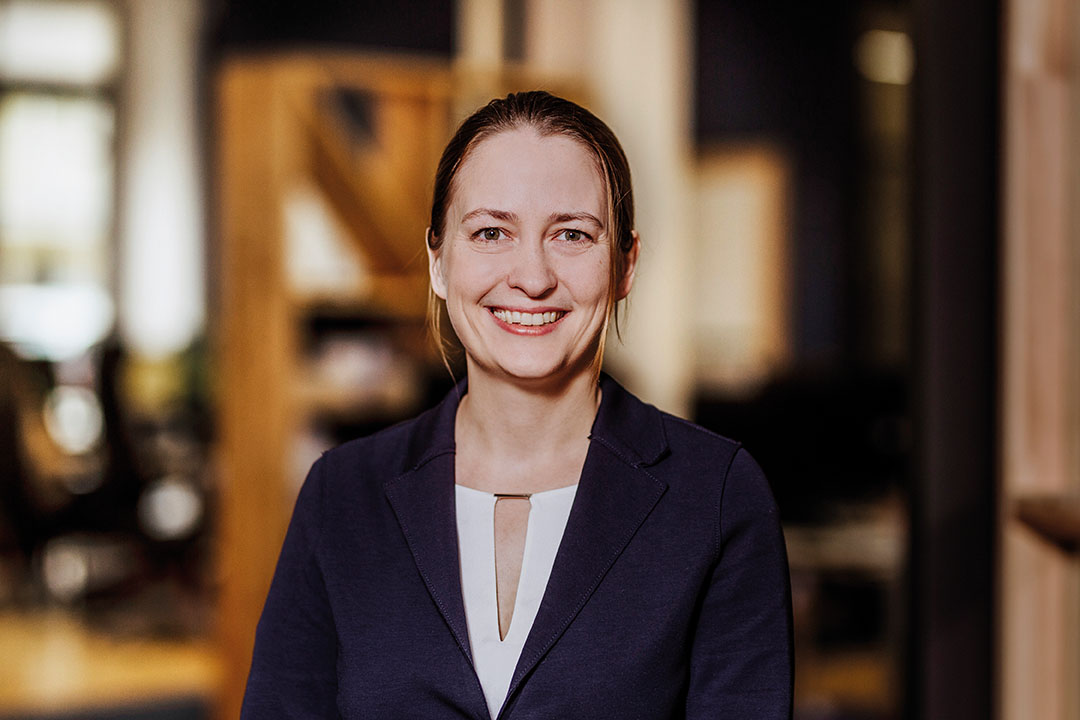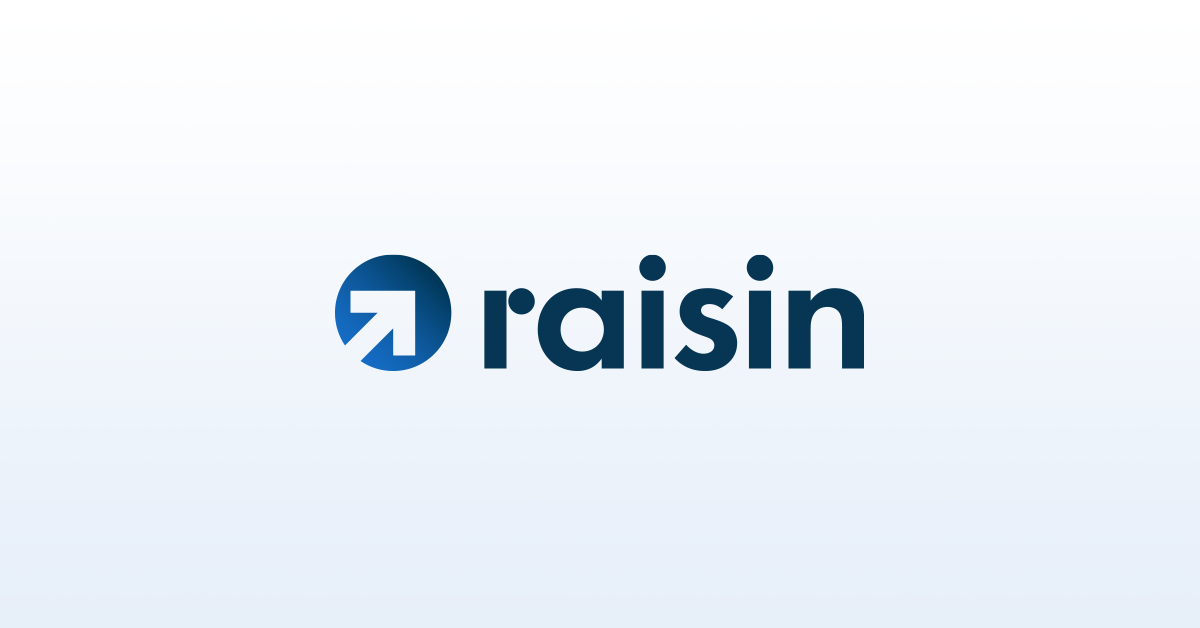- Retail deposits across Europe normalize to pre-pandemic levels as economies open up
- British and Dutch savers, however, continue to save at twice the rate they did before the pandemic hit
- In Europe’s biggest deposit market, Germany, deposits saw inflows decrease to EUR 84 billion – equivalent to those seen in 2017
Berlin, 24.03.2022. After a record surge in deposits at the height of the pandemic, savers across the continent are putting away less money in their bank accounts. New analysis from fintech Raisin shows that the savers from the eurozone, who increased their bank balances by more than half a trillion euros (EUR 593.7 billion) in 2020, are saving at a much slower pace as they get ready to face a post-pandemic world.
While eurozone deposit inflows peaked in the first half of 2021, with savers increasing their bank balances by an extra EUR 274.2 billion, they almost halved in the second half of the year to EUR 135.6 billion. This resulted in inflows ending up just ahead of those seen in 2019, i.e. before the Covid-19 crisis.
German inflows return to 2017 levels
Deposit inflows in Germany decreased by nearly half (43%). With annual inflows of almost EUR 84.8 billion, Germans increased their bank balances by nearly the same amount as they did five years ago, i.e. in 2017.
In the country, deposit volumes only increased by 3% over the year, with Germans finishing last among their eurozone peers regarding growing their bank balances.
“European savers began ramping up their bank balances at the start of the pandemic and continued to save at record rates well into the first half of 2021. Since then, however, deposit inflows in Europe have fallen off a cliff. Nowhere has this been felt more than in Germany, where annual inflows fell below the 100-billion-euro mark for the first time since 2017,” says Katharina Lüth, Managing Director at Raisin.

According to the latest ECB data, Germany recorded an outflow of deposits in January 2022. “Savers across the continent are now experiencing persistently high inflation as well as a slowdown of the global economy. With interest rates expected to rise only nominally – if at all – we expect Europeans to become hungrier for ways in which they can make their savings work harder for them, especially as growing socioeconomic uncertainties deter them from investing in risky asset classes.”
Outliers: British and Dutch savers are Europe’s new savings champions
In 2021, British deposit inflows surpassed GBP 100 billion for the second consecutive year. While inflows decreased from GBP 144.6 billion in 2020 to GBP 121.8 billion in 2021, the 16% decrease is still nearly half of the eurozone average (31%). By the end of 2021, inflows for the year exceeded those of both France and Germany, the two biggest deposit markets in Continental Europe.
The only market to exhibit the same behavior over the past twelve months was the Netherlands, where deposit inflows saw a more dramatic decrease (36%), but savers still put twice as much additional funds into their accounts than before the pandemic.
About Raisin
Raisin is a pioneer of Open Banking for savings and investment products. The FinTech company provides an open banking infrastructure for the $50+ trillion global deposit market, benefiting banks and savers alike: Savers get greater product choice and freedom of choice, financial services providers get best-in-class marketplace solutions for their own customers, and banks get better access to deposit funding. Raisin operates its own B2C marketplaces – in Europe under the brands Raisin, WeltSparen, Savedo and ZINSPILOT and in the USA under the SaveBetter brand. In Germany, the company offers ETF-based investment and retirement products in addition to savings products for private and corporate customers. Raisin works with around 400 banks and financial service providers from more than 30 countries and has over 750,000 direct customers. Raisin is backed by renowned international investors such as btov Ventures, Deutsche Bank, FinLab, Goldman Sachs, Greycroft, Headline/e.ventures, Index Ventures, Kinnevik, Orange Digital Ventures, PayPal Ventures, Thrive Capital, Top Tier Capital Partners, Ribbit Capital and Vitruvian Partners, as well as Peter Thiel. The company has offices in Berlin, Frankfurt, Hamburg, London, Madrid, Milan, Manchester, New York, Paris and Zurich.
 Austria
Austria
 Finland
Finland
 France
France
 Germany
Germany
 Ireland
Ireland
 Netherlands
Netherlands
 Poland
Poland
 Spain
Spain
 United Kingdom
United Kingdom
 United States
United States
 Other (EU)
Other (EU)



